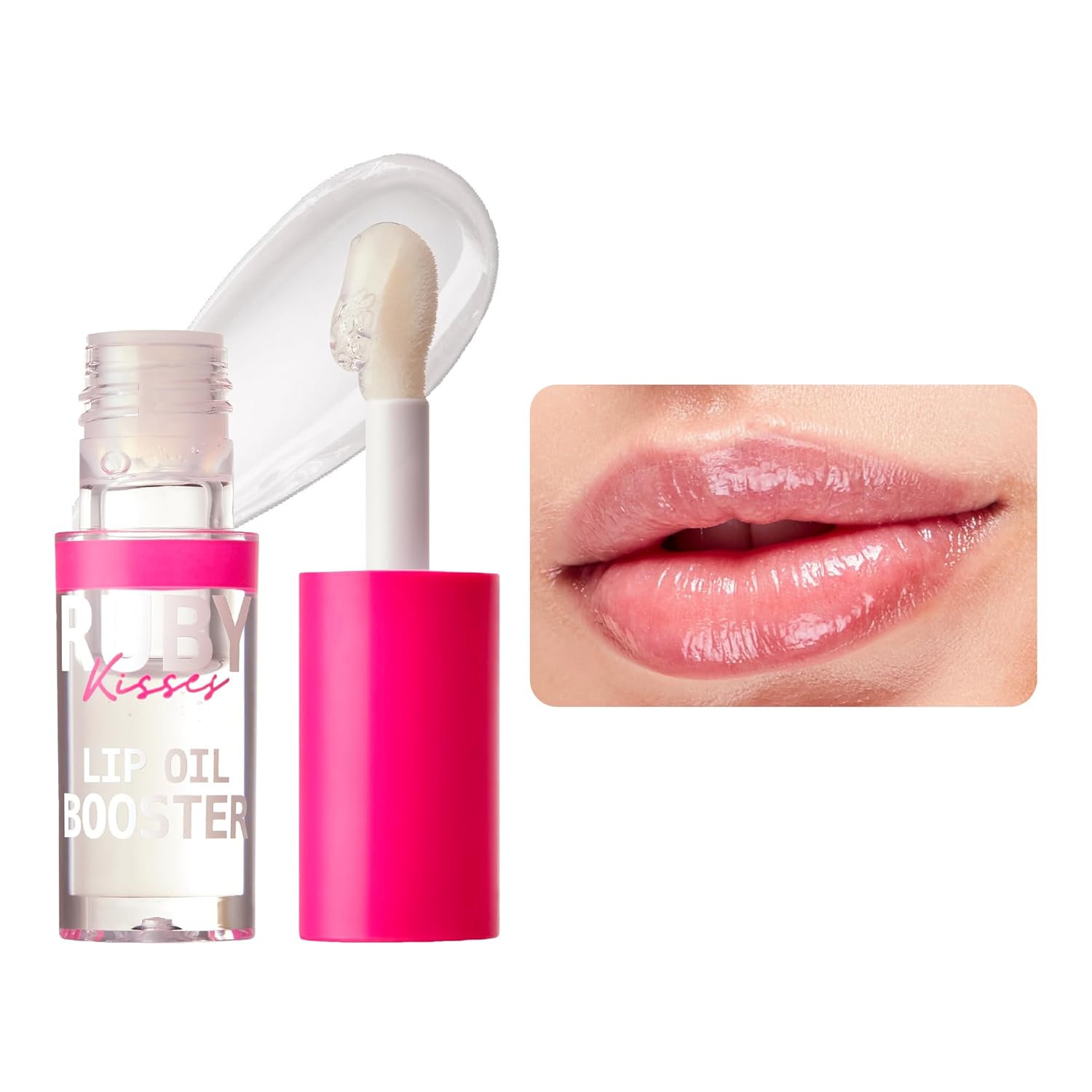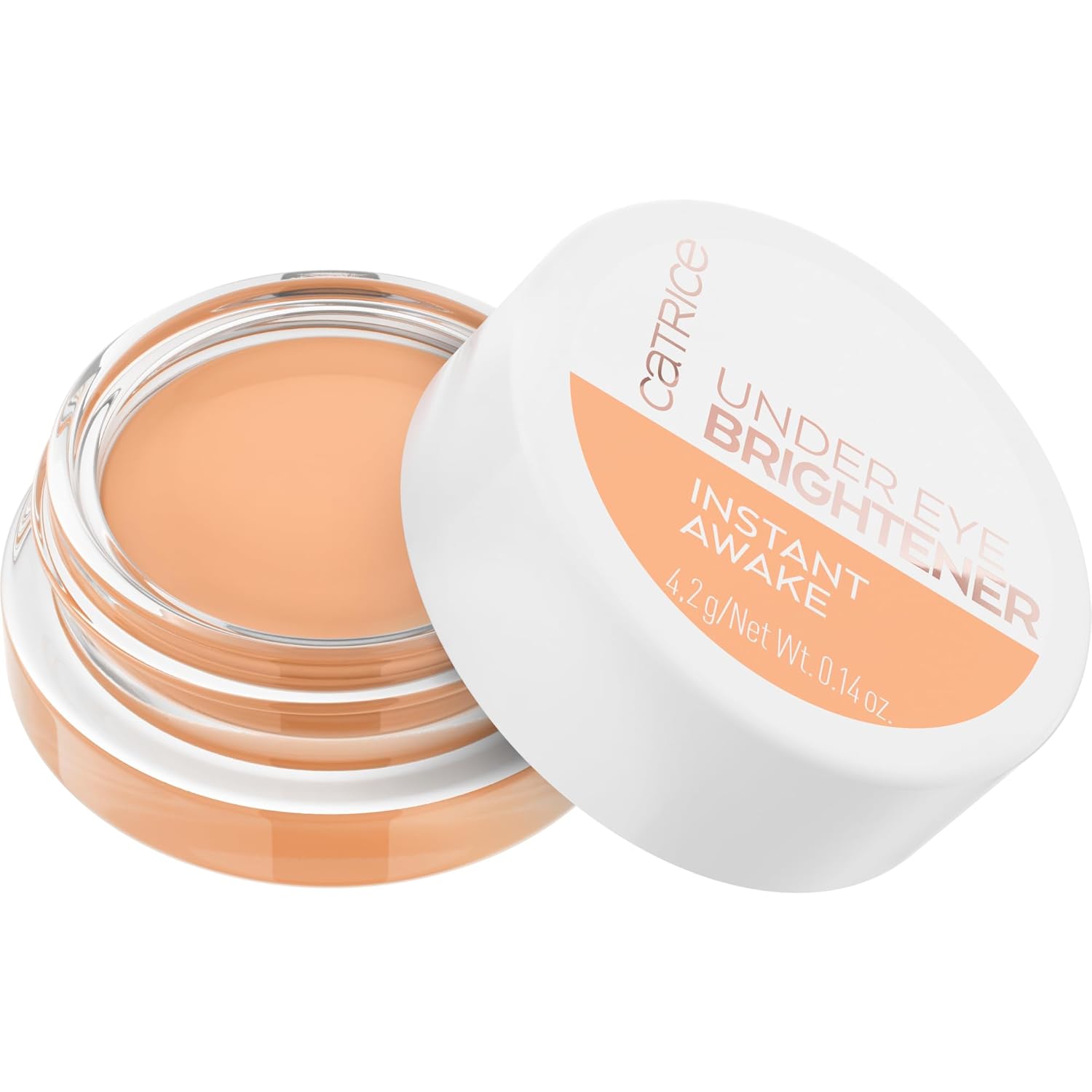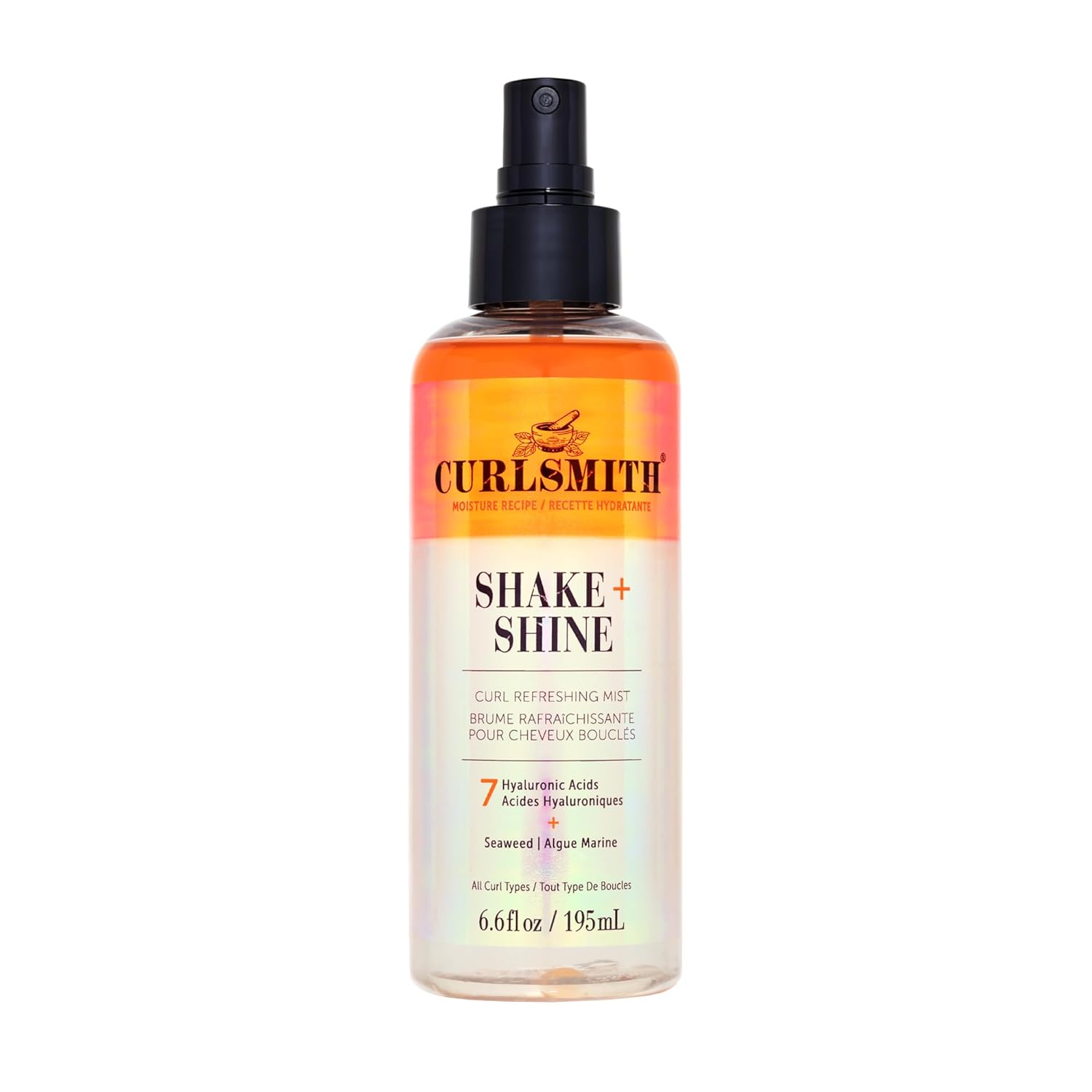
Having a diagnosis explains so much. It has helped me to create a life structure around my special needs…it has enabled me to build much stronger, more open, happier relationships with people.
My name is Alis Rowe. I am an author and entrepreneur in London, UK. The Curly Hair Project is an organisation which aims to support women and girls on the autism spectrum. It does this through a variety of media including: social media, books, videos, blog articles, workshops and seminars and mobile apps.
To be honest, I can’t really remember how the name came about.
I wrote my autobiography and had no idea what to title it… “the girl with the curly hair” just came to me. It was a simple, personal, catchy name for a book. I always stood out because of my hair as a child. People always used to comment on my hair. I hope my book and my work stand out now. ‘The Curly Hair Project’ is a shortened version of ‘The Girl with the Curly Hair Project’ and I think it sounds better to say.
Having suspected I was on the autism spectrum from around age 17, I did not pursue the diagnosis until I left university several years later.
As a teenager, I didn’t really know how important and helpful a diagnosis would have been (I was still very emotionally young and immature”>. Also, after all the years spent conforming and trying to fit in, I had started to forget who I really was. I think there was a time that I actually started to believe I really was the person I had tried so hard to be.
By the time I graduated from university, I’d had enough of not feeling like I could be myself. I was grown up enough to really acknowledge and appreciate what a diagnosis could do for me, i.e. it would provide me with an authentic reason for my behaviours, which I could tell others.CHP is an enterprise, not a charity. Social enterprises come in many shapes and sizes from large national and international businesses to small community based enterprises. But they all aim to generate their income by selling goods and services, rather than through grants and donations, are set up to specifically make a difference, reinvest the profits they make in their social mission”.
My diagnosis has been very helpful in two primary ways.
It has helped me in understanding myself and answering all the questions I had about my life and why my life is so much harder than everyone else’s appears to be. It explains to other people why I am the way I am, (e.g. any ‘strange’ behaviours”>. As a consequence, my diagnosis has enabled me to build much stronger, more open, happier relationships with people.
Having a diagnosis explains so much. The more I learn about what it means to be on the autism spectrum, the more I understand myself, my limitations, my challenges, and my strengths. It has helped me to create a life structure around my special needs. For example, I need a routine, I need a lot of uninterrupted alone time, and I need time to do my special interest (Olympic weightlifting“> every single day. I also need to manage how much or how little I socialize, where, when and how I do that. Generally, all these things are very important to people on the autism spectrum. If I didn’t know I was on the spectrum, how would I know how important these things were? It would have taken me a very long time.I have not changed as a person, I am the same person as I was before my diagnosis.
As a child, my curly hair was the thing that made me stand out everywhere I went. I was incredibly shy and I wanted nothing more than to be invisible and go unnoticed. However, my hair was the thing that made me noticeable! I used to get a lot of comments about how cute my curly hair was–then later, I was bullied for it. I used to wish I had straight hair because everyone else in my school did. It was another thing that made me feel ‘different.’ It’s quite awesome now, however, that I have turned it all around and have used my hair to create a successful global brand that actually has nothing to do with hair!
The difference is that now I am more confident and comfortable in being myself. I feel like I fit in somewhere now. I feel like it is OK to be me. So really, the diagnosis gave me a form of self-acceptance.
Don’t shy away from accepting that you may be on the autism spectrum.
Once you accept it, you have a greater chance of having a happy and fulfilling life. Spend time reading about it and seek like minded people. Interacting with others who are like you can stop you from feeling so lonely and isolated–no one should have to feel that way.







Realise that everyone in this world is different and that there is no one way to do something. There is so much pressure and expectation in society that we ought to be behaving in a certain way, or doing certain things… but it’s also OK to take a different path.
I don’t have a traditional 9-5 job, I’m not married, I don’t want children, I don’t have a big social life, I don’t have a car, I don’t own my own home, etc. I don’t really ever envisage living that sort of lifestyle, I know it wouldn’t work for me. I do things my own way, and I am happy.
Keep up with The Girl With The Curly Hair
We run workshops and seminars all over the UK (and we are aiming to take them to other countries in the near future”>, please visit www.thegirlwiththecurlyhair.









